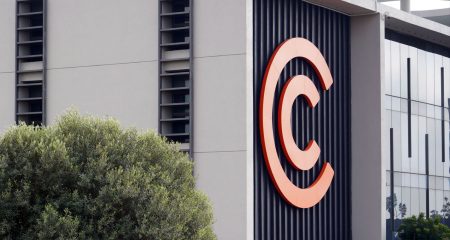Cell C has proposed to parliament that mobile interconnection rates — the fees the operators charge to carry calls on their networks — be reduced as soon as possible to a flat 75c/minute charge, day and night.
Lars Reichelt, Cell C CEO, says the company would like to see off-peak interconnect drop from 77c/minute to 75c and the peak rate fall from R1,25/minute, also to 75c. This should be done as an “emergency intervention”.
His call is in spite of the fact that Cell C is a net beneficiary of the existing interconnection regime. “This proposal is painful for us, very painful,” says Reichelt (pictured), who was speaking to TechCentral after the conclusion of Cell C’s presentation.
He says Cell C’s shareholders met for three days of intense discussions last week to hammer out the proposals ahead of the hearings this week called by the parliamentary portfolio committee on communications.
Reichelt has also proposed that an asymmetric interconnect regime be introduced where smaller operators, including Cell C, pay less to the bigger operators.
He wants this rate set at 65c. This means that a call from Cell C to Vodacom could attract a 65c/minute interconnect, whereas Vodacom would have to pay Cell C 75c/minute for a call in the opposite direction.

“It’s very sensible to promote asymmetry until companies reach 15-20% market share,” he says. “We have 9% so we should be afforded asymmetry.”
He says SA should borrow ideas on asymmetry from European Union regulators.
In addition, Reichelt has suggested that interconnect to fixed-line operator Telkom be reduced to 15c/minute from 29c now. However, Telkom would benefit from the lower mobile interconnection rate.
He rubbishes suggestions, made by both Vodacom and MTN, that a cut in interconnection rates won’t necessarily lead to a reduction in basic call costs for consumers. “If you look at markets around the world, it always does,” he says. And it’s typically the third player in the market — in SA’s case Cell C — that is “more aggressive and more innovative” in driving down call rates.
Cell C still wants interconnection rates to be regulated by the Independent Communications of SA but Reichelt says an “emergency intervention” is needed in the interim to bring down costs for consumers. — Duncan McLeod, TechCentral
- Image credit: Kiwanja
Subscribe to our free daily newsletter




